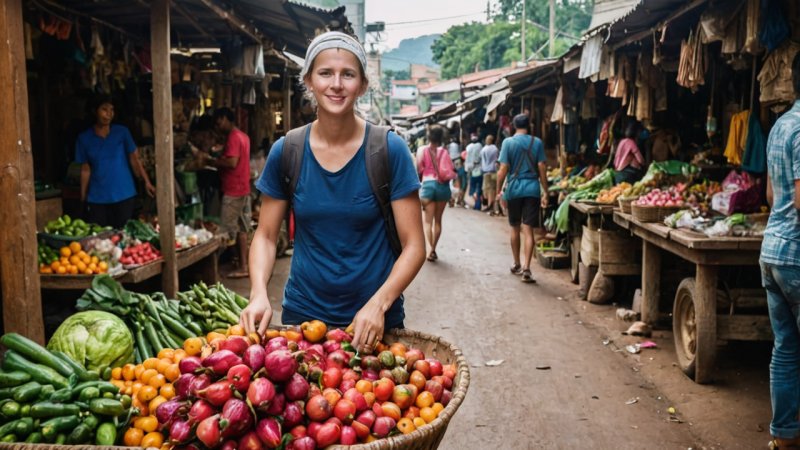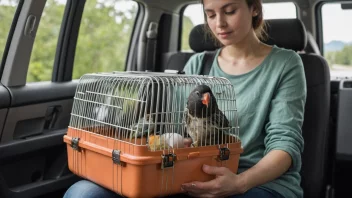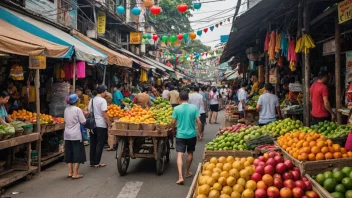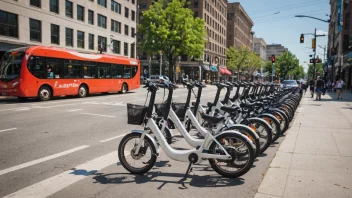Traveling to developing countries can be an exhilarating experience filled with rich cultures, stunning landscapes, and unique adventures. However, it also comes with its own set of challenges and safety concerns. Understanding how to navigate these environments is crucial for ensuring a safe and enjoyable trip. Here are some essential tips to help you stay safe and make the most of your travels in developing regions.
1. Research Your Destination
Before embarking on your journey, take the time to research your destination thoroughly. Understand the local customs, laws, and cultural norms to avoid inadvertently offending locals. Websites such as the U.S. Department of State provide travel advisories that include safety information and health risks. Consider the following:
- Check for updates on political stability and any ongoing conflicts.
- Learn about the local health care system and availability of medical facilities.
- Read traveler reviews and blogs to gather real-life experiences from other tourists.
2. Keep Your Valuables Secure
Petty theft can be a concern in many developing countries. To minimize the risk of losing your valuables, follow these guidelines:
- Use a money belt or hidden pouch to store your passport, cash, and credit cards.
- Leave unnecessary items, like expensive jewelry, at home.
- Be mindful of your surroundings, especially in crowded places where pickpockets tend to operate.
3. Choose Safe Transportation Options
Transportation can vary widely in developing countries, and not all options are safe. To ensure your safety on the move, consider these transportation tips:
- Use reputable taxi services or ride-sharing apps instead of hailing cabs on the street.
- If renting a vehicle, familiarize yourself with local driving rules and road conditions.
- When using public transportation, keep your belongings close and stay alert.
4. Stay Connected
Maintaining communication with friends and family back home is essential for your safety. Here’s how to stay connected:
- Purchase a local SIM card or an international roaming plan for your phone.
- Share your itinerary and contact information with family or friends.
- Use apps that allow for offline communication in case of connectivity issues.
5. Trust Your Instincts
Your intuition is a powerful tool when it comes to personal safety. If a situation feels uncomfortable or unsafe, it’s crucial to act on those feelings. Here are some ways to trust your instincts:
- Always listen to your gut feeling about people and places.
- Seek help from locals or fellow travelers if you feel lost or threatened.
- Be cautious when accepting help from strangers or engaging in unfamiliar situations.






